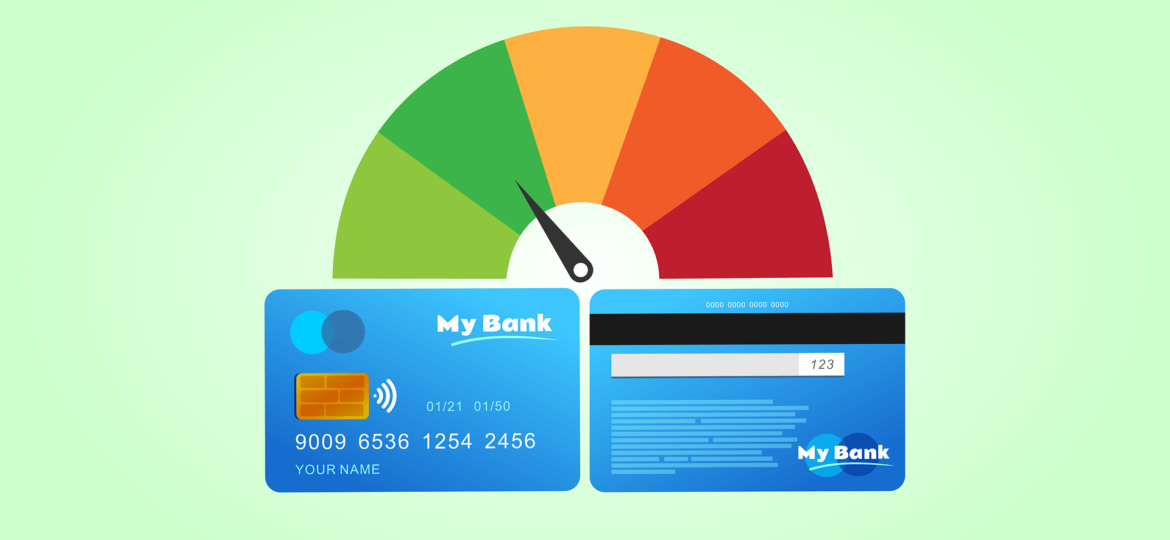
It is never too late to start improving your credit score. Many people throughout the USA have bad credit scores and in some cases, very bad credit scores. This means that when they come to needing to borrow money online or otherwise, they either find that lenders are unwilling to consider them for a loan, or, when accepted, the loan they get is a lot more expensive.
Regardless of whether you have a bad credit score, or simply want to improve an already positive credit score, there are many ways you can build credit, ranging from using credit builder loans, to utilizing short term loans and paying them back on time or early.
Higher credit scores facilitate higher loan amounts when you do come to borrow money, better conditions for the loan you do get and lower interest rates on repayments.
What Is a Credit Score?
A credit score is a number which reflects an individual’s creditworthiness based on multiple factors including payment history, debt to income ratio and number of open accounts, amongst other things.
The idea of credit scores is that the number is a reflection of a person’s spending and borrowing habits; it is indicative of how responsibly they manage their debt and whether or not they have a strong financial history. It is also the number used by most lenders to assess a borrower’s creditworthiness and how good a lending prospect they are.
Credit scores are particularly important when it comes to needing loans fast. If you find yourself applying for a loan of any amount which you need in times of financial emergency, with a better credit score, it may be the difference between being only able to borrow $500 or, with a better credit score, being able to get a $1000 loan fast when you need it.
Credit Score Ranges Explained
The number in your credit score will typically be between 300 and 800, with higher scores indicating better creditworthiness and more reliable borrowers.
In the US, the average credit score is approximately 698.In general, a score of 670 to 739 is considered good, from 740 to 800 is very good and above 800 is excellent. Anything below 580 is deemed as a bad credit score and between 580 to 669 is fair.
However, whatever your score, you can always work to improve your credit score.
Why is a Credit Score Important?
Credit scores are used by lenders in order to determine whether or not a borrower or prospective borrower of any loan or finance should qualify for credit or a loan, and with what terms.
For example, if you need a $2000 loan, the lender or lenders that consider you will look at your credit score and based on that (as well as their own criteria) they will decide whether you are suitable for the loan you request or if you should perhaps only be eligible for a smaller loan, like a $1500 loan or even less.
The information contained in your credit score will typically be used whenever you apply for a mortgage, loan or credit card but could even determine your job prospects, whether or not you qualify for an apartment, or a mobile phone contract.
Even if lenders or providers look at other factors, a strong credit score will always make your application more compelling.

How Can I Improve My Credit Score?
The main reason people look to improve their credit score in the US is because they want to get better loan and credit terms when they apply for any form of finance online or otherwise. In some cases, a borrower may have such a poor credit score that they look at no credit check loans, instead of a payday loan or other loan that will entail their credit score being checked by lenders.
There are a few tried and tested ways to start building your credit score in the US, including:
- Manage Your Credit Utilization Rate – Your credit utilization rate is how much credit you have used out of your available credit. For example, if you have a limit of $1000 a month and have only used $100, your credit utilization rate would be 10%. Financial experts recommend never exceeding a ratio 30% to keep your credit score in check.
- Cancel Any Unused Credit Cards – Multiple lines of credit can indicate to lenders that you have a risky financial profile, especially when coupled with a low or average salary, as it could indicate that you are not spending within your means. Unused credit cards can add unnecessary ‘noise’ to your credit report and could suggest that you are constantly seeking credit. If you do not need certain cards, you should pay them off or close them as soon as possible to improve your credit score.
- Join The Electoral Register – Joining the electoral register is an easy way to improve your credit score as it provides an official record of your name and personal information which can be cross-referenced when lenders are assessing your application. It can speed up the process of being approved for a loan and can boost your credit score.
- Dispute Errors on Your Credit Report – There are many errors that could appear on your credit report including confusion with someone else’s credit activity, closed accounts being reported as open or punctual payments marked as late. Being vigilant for any errors and fixing these as fast as possible can help your credit score.
- Avoid Multiple Applications At The Same Time – Applying for multiple forms of credit or loan at once shows lenders that you are desperate for cash. Also, any rejected applications will appear on your credit report and negatively impact your credit score. Try to apply for loans or credit where your chances of being approved are higher and always wait between applications.
Is My Credit Score Really That Important?
In short, yes. Your credit report is a very important record that lenders and any credit provider across the USA, in any state will check when you apply for any form of credit, loan or finance. Even if you apply for a new cell phone contract, the provider of the contract will likely check your credit file to see how creditworthy you are.
Importantly, if you are applying for payday loans online and other loans which you may need in times of emergency, having a better credit score will make you more likely to be able to get the loan you need when you need it, at a more affordable rate. Many online lenders will give you an instant decision on your loan application and therefore, you will discover very quickly if you have been accepted for the loan you request or not.
If you are not accepted for a loan after applying, it may be the case that your credit score is not up to scratch, or it may be the case that there was something else wrong with your loan application. You should therefore, always check your credit score if possible before you apply for any loan or credit, but remember, hard credit searches will leave a record of a search on your credit file, whilst soft credit searches will not.

